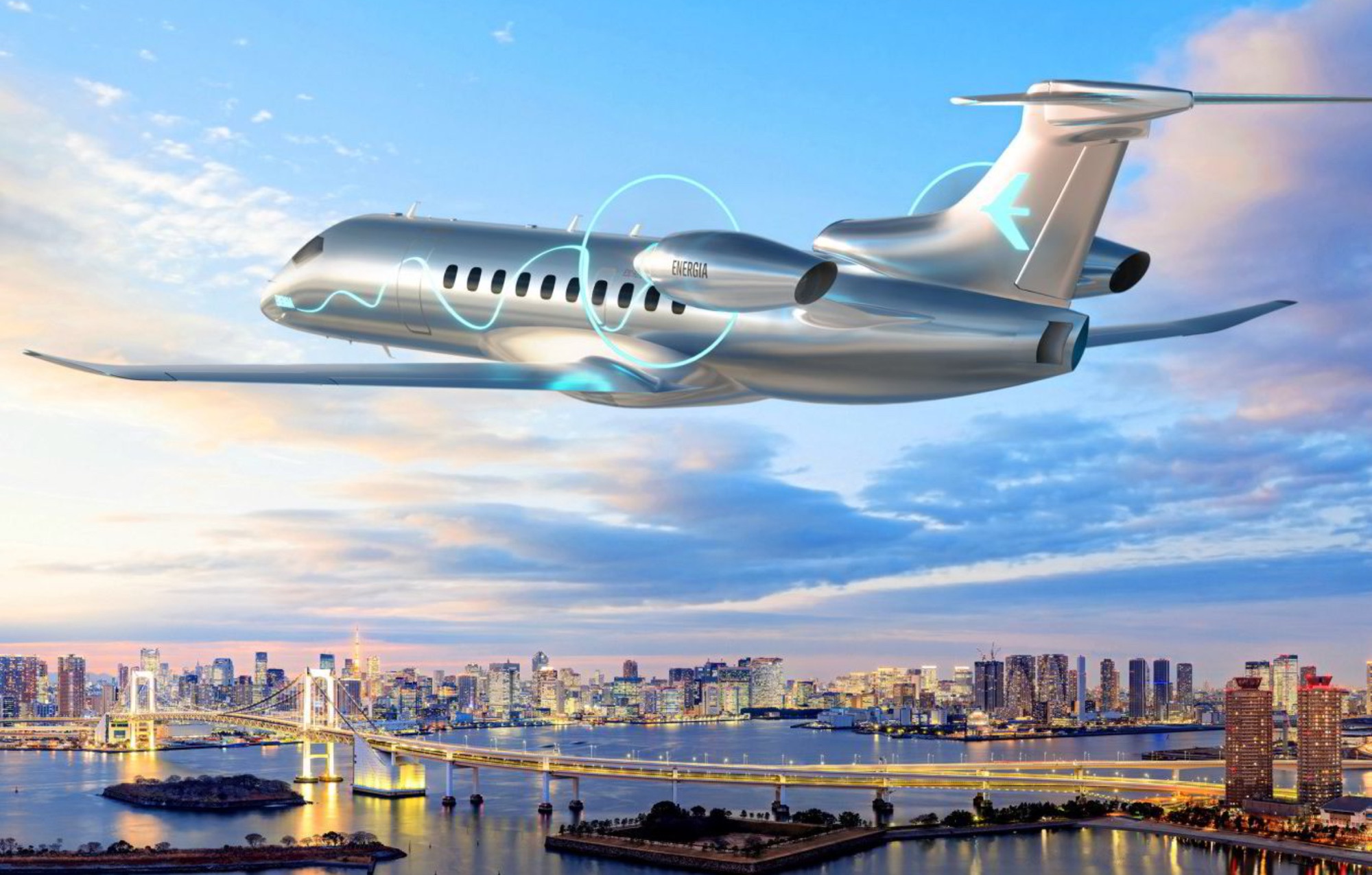MIT researchers have built a groundbreaking sodium–air fuel cell that stores over three times the energy per pound of today’s lithium-ion batteries—offering a lightweight, swappable energy solution ideally suited for regional electric aircraft.
Impact:
This development marks a significant leap toward achieving practical, long?range electric flight:
High energy density meets aviation needs – The prototype delivers approximately 1,000?Wh/kg, matching the threshold for feasible regional flights—far surpassing current lithium-ion limitations (~300?Wh/kg) . Fast refueling via swappable cartridges – Instead of lengthy recharging cycles, airlines could swap sodium cartridges mid-turnaround—similar to propane tanks—reducing downtime . Built-in environmental advantage – Its exhaust sodium oxide reacts with CO? to form sodium bicarbonate (baking soda), which may even help neutralize ocean acidification . Enhanced safety and scalability – By isolating reactive sodium from air, it avoids volatile chemistry risks typical in metal?air rechargeable cells, and the fuel-cell format simplifies scaling . Broader transport ripple effect – Beyond aviation, this tech could revolutionize heavy?duty vehicles—trucks, marine, drones—where high energy density and fast refuel are critical . Startup path to delivery – Propel Aero, a startup spun out of MIT, plans to demo a drone?scale prototype within a year, advancing toward aircraft-grade stacks .
Why this matters:
Electric aviation has been stymied by heavy, slow-charging batteries. MIT’s sodium?air fuel cell solves both issues: it offers weight parity with fossil fuels, rapid refueling, and minimal emissions. If Propel Aero can scale to aircraft-size systems, regional zero-emission flight might be within reach—transforming how we fly and cutting aviation’s carbon footprint.
This is the bold step from concept to takeoff that “crazy” ideas require—one that could redefine electric mobility across multiple sectors.
